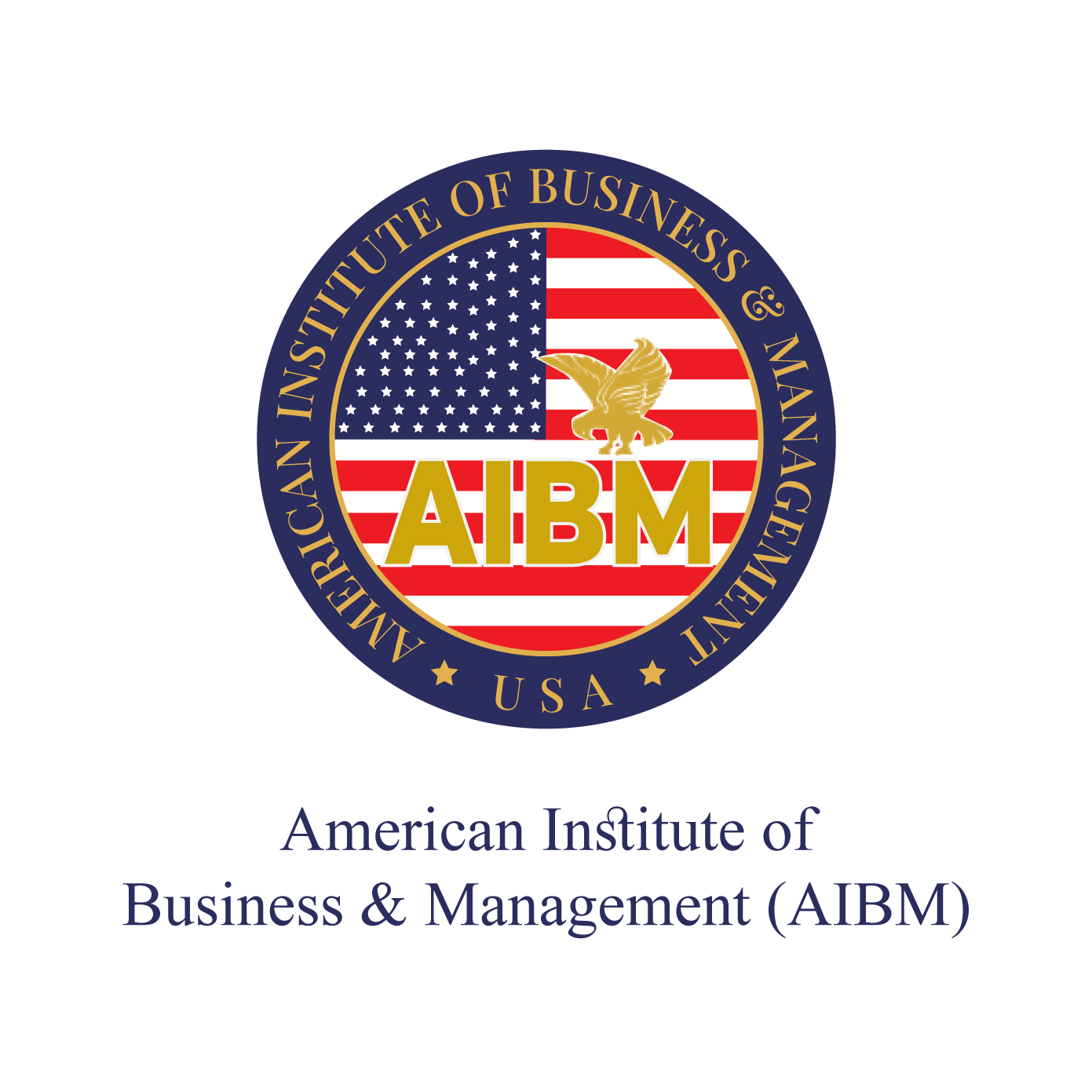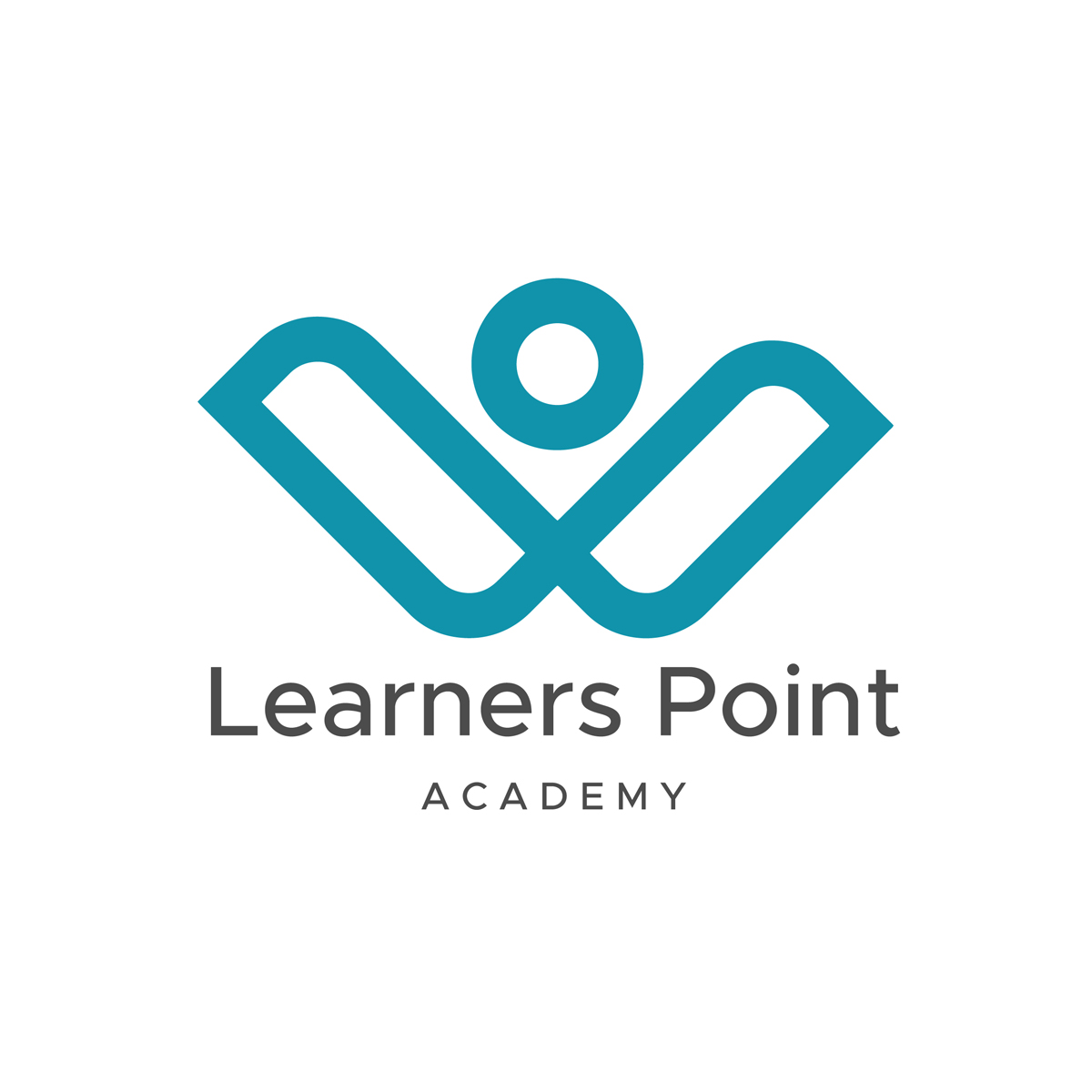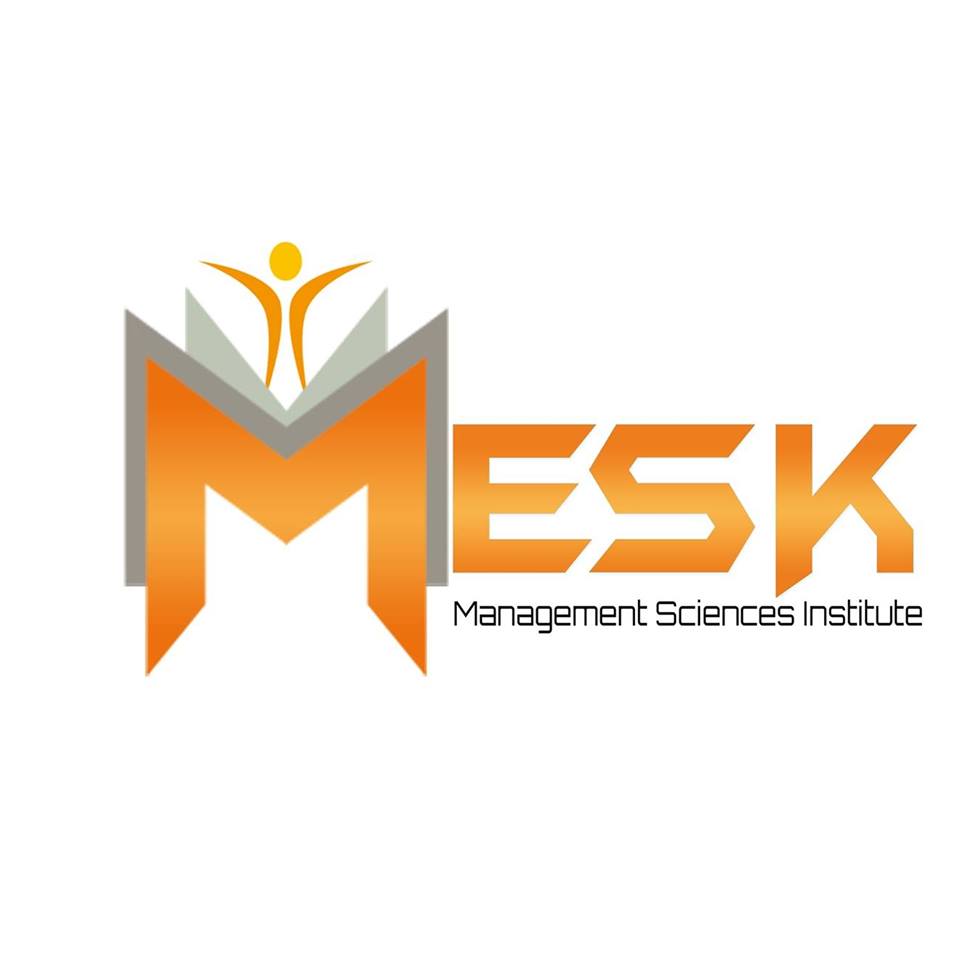This certification course helps the individuals to understand the depth and breadth of Supply Chain Management on a global scale.

Companies hire purchasing managers, buyers, and purchasing agents to find the best merchandise at the lowest possible purchase cost. Purchasers typically buy goods and services for their company or organization to use, while buyers ordinarily buy items in order to resale them for profit. Purchasers and buyers find the best goods or services, choose suppliers, negotiate prices, and grant contracts that ensure that the right amount of the product or service is received when it is needed.
Purchasing managers, buyers, and purchasing agents take several steps to reach these goals: they research sales records and inventory levels of current stock, find foreign and domestic suppliers, and stay current on any changes in either the supply of or demand for needed products and materials.
Finding good suppliers is crucial to the work of purchasing managers, buyers, and purchasing agents, who evaluate suppliers on multiple criteria (price, quality, service support, availability, reliability, selection, etc.). Purchasing managers, buyers, and purchasing agents study catalogs, industry and company publications, directories, and trade journals, often on the Internet. Reputation and history of a supplier is important, and future purchase actions may be advertised in order to solicit bids.
In government agencies and manufacturing firms, purchasing specialists typically are dubbed contract specialists; buyers or industrial buyers; or purchasing directors, managers, or agents. These specialists acquire various elements necessary for production: materials, parts, machines, supplies, services, etc. They can obtain anything from raw materials, machinery, and construction services to fabricated parts, office supplies and airline tickets. If the right materials, equipment, or supplies are out of stock when needed, work and production can be slowed or even halted.
Effective purchasing specialists need to be deeply familiar with the technical aspects of the goods or services they purchase. Some purchasing managers, known as contract or supply managers, concentrate on negotiating and supervising supply contracts.
In large industrial companies, buyers and purchasing agents are often seen as having a different role from purchasing managers. Buyers and purchasing agents tend to concentrate on standard purchasing tasks; they frequently have a particular area of specialization, such as in a commodity like steel, lumber, cotton, grains, fabricated metals, or petroleum products. Purchasing agents follow market conditions, price trends, or futures markets in order to conduct the more complicated or crucial acquisitions. They also may oversee a team of purchasing agents who deal in other commodities and services. In choosing between the titles of purchasing manager, buyer, or purchasing agent, specific job duties matter less than the particular industry and employer.
The traditional roles of purchasing or supply management specialists in many industries have changed because of evolving business practices. Throughout product development, for instance, manufacturing companies increasingly rely on these specialists to forecast the cost, availability, and suitability of parts and materials. Moreover, conferring with the purchasing department during the early stages of product design can help prevent problems with the supply of materials.
Certification Modules:
Module 1: Introduction to Purchasing and Supply Management
Module 2: Materials Management
Module 3: Fundamentals of Purchasing and Supply Management
Module 4: Price/Cost Analysis and Negotiation Strategies
Module 5: Special Purchasing Application
AIBM is leading examination and certification bodies founded by leading academicians, professionals and businessmen in United States of America. AIBM offer a range of progressive, flexible and affordable business, management and skill based professional certifications.
The certifications cover the theoretical issues of business and management and offer many practical skills useful to potential employers. We provide professional support and guidance throughout student’s relationship with us as an Awarding Body, and throughout student’s management career thereafter
(Institute Review)
55 years ago(Institute Review)
55 years ago
Prepare for CPP exam in this comprehensive learning course that focuses on all the core topics of CPP. It will help you stay clear in the limelight of purchasing & procurement field with a valuable certification and skills.

This internationally recognized qualification will help you to identify and describe procurement processes and build your professional knowledge and competence in this field.

'Modern Purchasing Tendering and Supplier Selection & Operation' training is offered by Mesk Management Sciences Institute. Kindly contact us to inquire and find out about the schedule and complete outline.

This advanced certification will give you comprehensive knowledge, understanding and skills in procurement and supply. Some of the core areas covered here include Procurement and Supply Operations, Procurement and Supply Environments etc.


This training will guide your way to a recognized international qualification in Procurement & Supply Operations. It will prepare you with the knowledge and understanding of demand management, arrange supply logistics, and implement new cont
© 2025 www.coursetakers.ae All Rights Reserved. Terms and Conditions of use | Privacy Policy